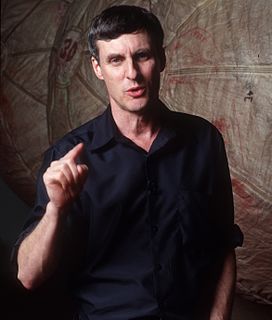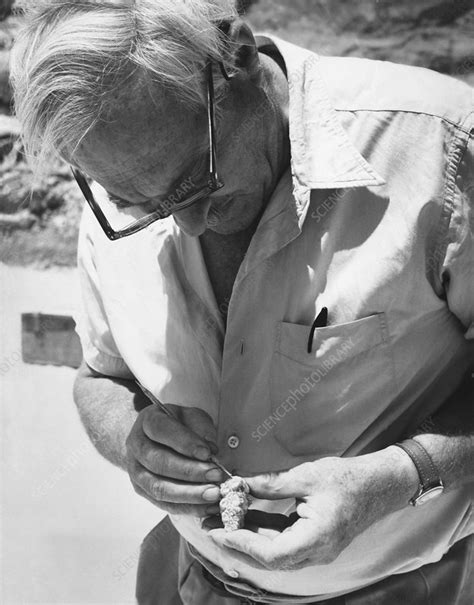A Quote by Buzz Aldrin
Just as Mars - a desert planet - gives us insights into global climate change on Earth, the promise awaits for bringing back to life portions of the Red Planet through the application of Earth Science to its similar chemistry, possibly reawakening its life-bearing potential.
Related Quotes
Climate has always changed. It always has and always will. Sea level has always changed. Ice sheets come and go. Life always changes. Extinctions of life are normal. Planet Earth is dynamic and evolving. Climate changes are cyclical and random. Through the eyes of a geologist, I would be really concerned if there were no change to Earth over time. In the light of large rapid natural climate changes, just how much do humans really change climate?
Our planet has been around only for four and a half billion years. Let's imagine a planet that has life on it such as life is on Earth and it's seven billion years old. Let's say that planet evolved intelligence. Well, that intelligence would be way more advanced than what we call intelligence here on Earth. How long has intelligence been around on Earth as we've come to define it?
We finally know where the red line for climate really is. After the rapid melt of arctic ice in the summer of 2007, our best scientists, led by NASA's Jim Hansen, went back to work and produced a series of papers showing that with more than 350 ppm (parts per million) of carbon dioxide in the atmosphere, we couldn't have a planet "similar to the one on which civilization developed and to which life on earth is adapted."
Here on Earth, we're exposed to asteroids hitting the Earth, eventual changes in the Sun, changes in the Earth's climate, things we're doing to the Earth's climate. If we want to survive, we need to become a multi-planet species. That's further down the road, but the first wave is going to be the explorers.
Standing on the Moon looking back at Earth - this lovely place you just came from - you see all the colours, and you know what they represent. Having left the water planet, with all that water brings to Earth in terms of colour and abudance life, the absence of water and atmosphere on the desolate surface of the Moon gives rise to a stark contrast.
Carbon dioxide is natural. It occurs in Earth. It is a part of the regular lifecycle of Earth. In fact, life on planet Earth can’t even exist without carbon dioxide. So necessary is it to human life, to animal life, to plant life, to the oceans, to the vegetation that’s on the Earth, to the, to the fowl that - that flies in the air, we need to have carbon dioxide as part of the fundamental lifecycle of Earth.




























